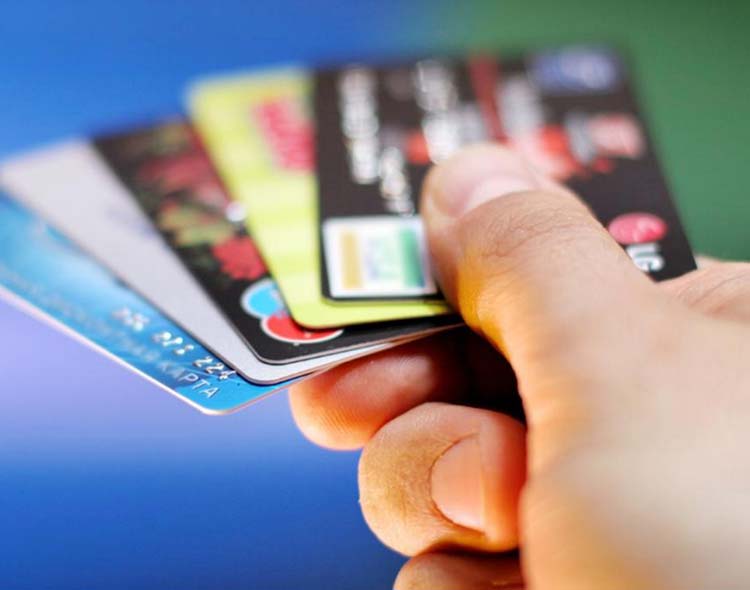The National Payments Corporation of India (NPCI) reported that RuPay has now introduced the CVV (Card Verification Value) free payment experience for its debit, credit, and prepaid cardholders who have tokenized their cards on the merchant application or webpage.
What is tokenization?
According to the RBI, tokenization refers to the substitution of an alternative code termed the “token” for the actual card information. Since the real card details are not given to the merchant when completing the transaction, tokenized card transactions are thought to be safer.
Read: Let’s Dive Deep Into Fintech Vs The Conventional Banking
Process before the launch of CVV-Less
When a cardholder chooses to save their card for a domestic e-commerce transaction, they authenticate the transaction by entering the OTP (two-factor authentication) after entering the card details (card number, CVV, and expiration date) as a one-time activity. The card details are then tokenized and saved with the merchant, according to NPCI.
Read: How Does Visa Generate Money From International Transactions?
Process after the launch of CVV-Less
If the cardholder has saved (tokenized) their card on the ecommerce merchant that supports this achievement, this new experience is supposed to ensure that they won’t need to reach for their wallet or remember any card details. Tokenization is a straightforward solution that protects card transactions without giving the merchants access to the actual or clear card details. According to the statement, retailers prefer CVV-less payments because customers may complete their payments on subsequent transactions by just entering their OTP rather than their CVV or other card information once more.
RBI regulations
The Reserve Bank of India (RBI) had mandated the use of distinct tokens in place of credit and debit card information for all online, in-app, and point-of-sale transactions. The experience of users making digital payments will be improved by the tokenization-based additional layer of protection. Due to the fact that real information is not retained with the merchant, this protects the customer’s card information from online fraud. To improve security for all of its cardholders, RuPay, a domestic card network created by NPCI, implemented Card on File Tokenization for domestic e-commerce transactions in 2021 in accordance with RBI recommendations.
Read: Generate AI Images From Text Using DALL-E : A Revolutionary Tool By OpenAI
[To share your insights with us, please write to sghosh@martechseries.com]
